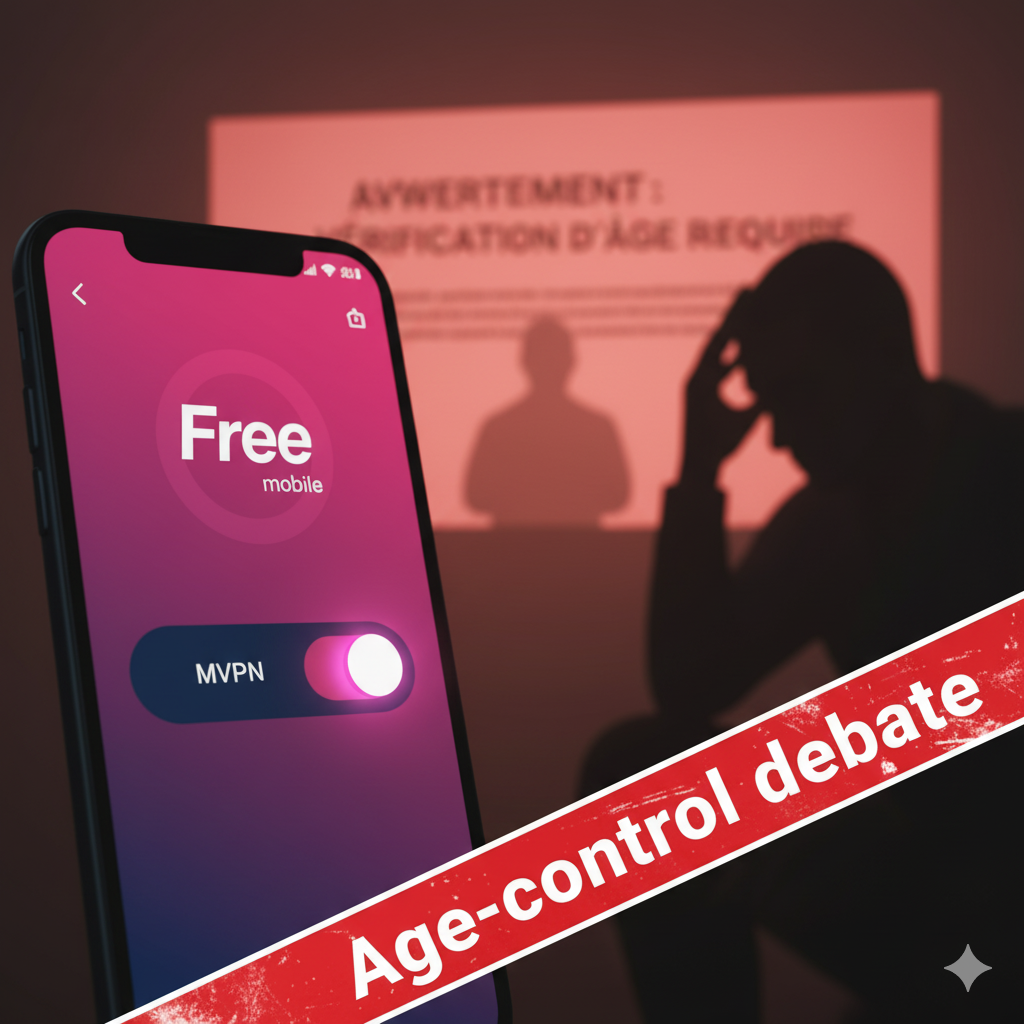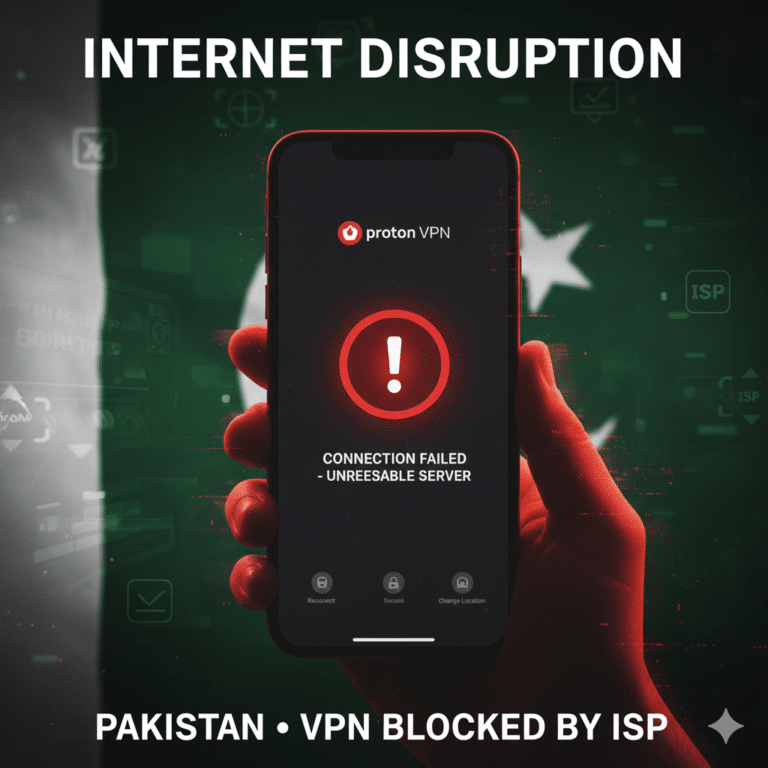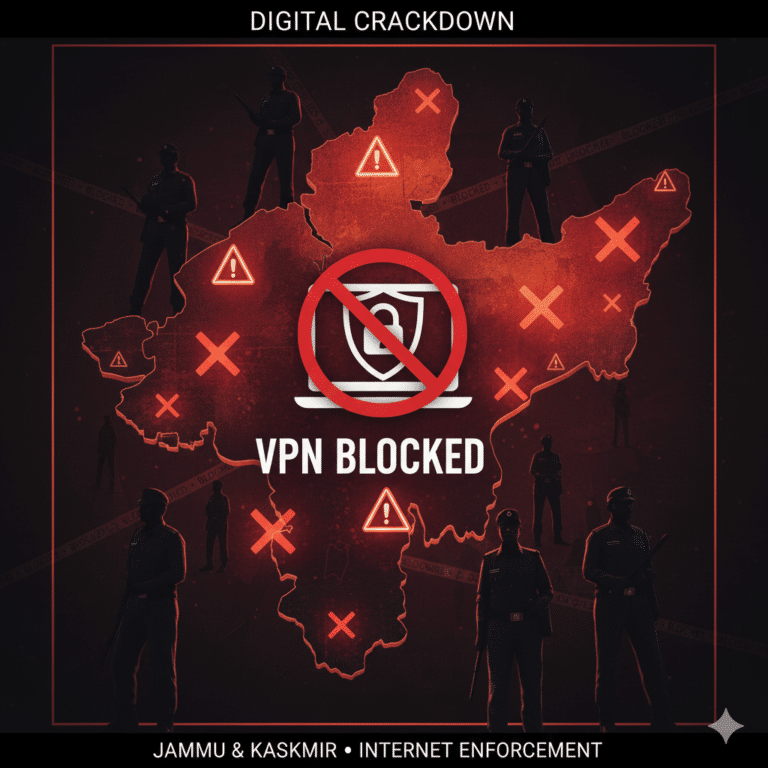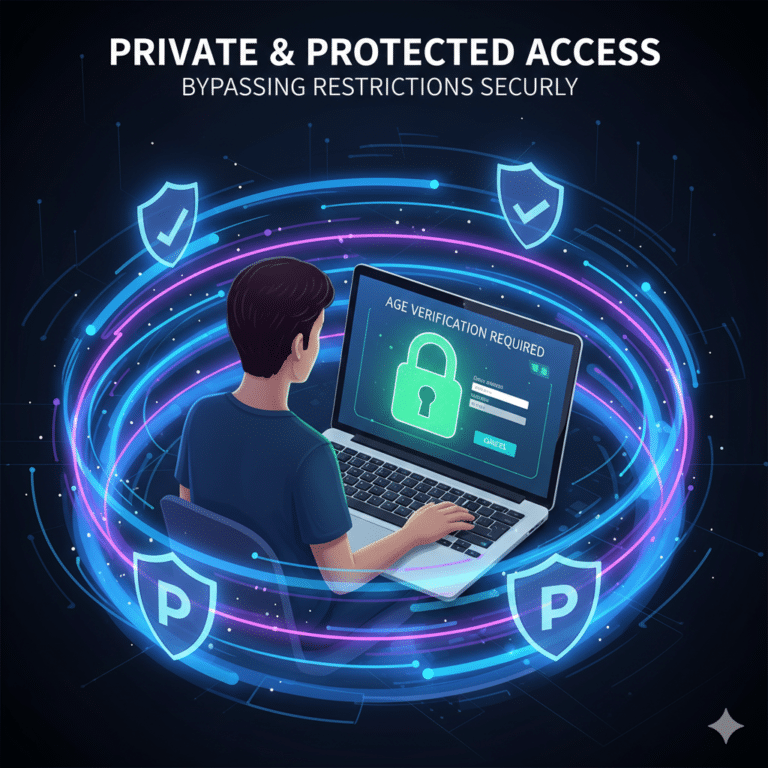French telecom operator Free (Iliad) recently rolled out Free mVPN — a consumer VPN service integrated directly into its mobile core and included at no extra cost for its 5G and Série Free plans(mobile vpn). Free says the feature is meant to improve privacy and malware protection for subscribers, and claims more than 40% of people in France have used a VPN, framing mVPN as a convenience and security upgrade. But the launch immediately provoked political and civil-society backlash because the built-in VPN can also be used to circumvent new French age-verification controls for adult sites.
What is Free mVPN and how does it work?
Free’s press release describes mVPN as the “first VPN integrated into a mobile network core” — activation takes one click via the Free app, lasts 12 hours per session, and Free says it includes malware protection and is only activatable by adults. Because the VPN runs in the operator’s network, subscribers don’t need to install a third-party client or manage configuration settings. The service is included by default with certain 4G/5G plans.
The key SEO phrase for this article is Free mVPN (also naturally use “Free mobile VPN” and “mVPN”). Use of those terms will help readers searching for details or how the service affects age-verification rules.
Why critics are alarmed — age verification and minors
France has tightened online age-verification rules for adult content, aiming to reduce minors’ exposure. Critics say an operator-level VPN that lets users mask their location or route traffic through different IPs can undermine technical controls intended to enforce those age checks. Socialist MP Thierry Sother and child-protection groups have publicly raised concerns and contacted the regulator ARCOM to examine the potential risks. Le Monde and other outlets report that opponents argue Free’s move shifts responsibility from platforms and regulators to parents.
Public data cited in French reporting highlights the scale of the policy problem: ARCOM estimates millions of minors visit pornographic sites monthly, so any weakening of age-verification mechanisms is politically sensitive.
What Free says and how it defends mVPN
Free’s corporate messaging frames mVPN as a privacy and security feature: simple activation, network-level integration, and optional use. Free’s founder Xavier Niel even responded on social media in a way that some interpreted as acknowledging the censorship-circumvention capability. Iliad emphasizes that activation requires a major-age confirmation and that VPNs are legal tools widely available. Free argues the product responds to consumer demand for built-in privacy without extra subscriptions.
Can a VPN actually bypass age verification?
Short answer: sometimes — but it’s not a silver bullet
VPNs can mask geographic location and make traffic appear to originate from other IP addresses, which can defeat naive geoblocking or site-level restrictions. However, age-verification implementations vary: some rely on government-backed identity checks, some use third-party verification providers, and others combine device signals, cookies, and payment checks. Experts (and organizations like the EFF) note VPNs are not an all-powerful cure — sites can still detect VPN usage, enforce stronger verification, or block known operator IP ranges — but a mobile operator-level VPN lowers the barrier for users seeking to evade simple checks.
Broader implications: privacy, policy, and the market
Privacy vs. protection tradeoff — Operators and many users see network-integrated VPNs as a privacy win; regulators and child-protection advocates see them as a way to weaken content controls. Balancing those competing public goods will be a policy challenge.
Precedent for other carriers — If Free’s mVPN proves commercially accepted and technically safe, other carriers may follow, making the tension between operator privacy tools and content regulation a wider European debate.
Practical blockers remain — Websites using robust government-backed age verification, multi-factor verification, or payment-linked checks will still be harder to bypass than simple geo-blocks; the technical reality is more nuanced than headlines suggest.
Recommendations for users and policymakers
Users who value privacy should understand what mVPN protects (ISP-level metadata, some app traffic) and what it doesn’t (device cookies, logged-in services).
Parents should not rely solely on operator settings; layered controls (parental controls, device restrictions, education) remain necessary.
Policymakers should consult technical experts to assess whether operator-integrated VPNs require regulatory adjustments or carve-outs to preserve effective age verification without undermining privacy.
Operators offering mVPN-style services should include safeguards, logging transparency, and clear activation controls to reduce misuse. (Iliad)
Learn more than WatchGuard VPN Bug Lets Remote Code Exec (CVE-2025-9242)
Conclusion
Free’s mVPN is a striking example of how a privacy-focused technical feature can collide with public policy goals. While Free markets the service as a convenient privacy and security add-on for subscribers, critics rightly point to the risk that network-level VPNs could weaken age-verification measures designed to protect minors. The coming weeks — regulator inquiries, political debate, and potential product tweaks — will show whether Free amends the service, regulators adapt rules, or both. For now, the dialog highlights that technological convenience often creates new regulatory dilemmas.
Key sources (verify & read)
Free (Iliad) press release: mVPN – the first VPN integrated into a mobile network. (Iliad)
Le Monde: reporting on criticism and regulator alerts. (Le Monde.fr)
Connexion France: coverage of the age-verification concerns. (The Connexion)
Mobile Europe / Telecoms press: technical and product context. (Mobile Europe)
Wired: explainer on VPN limits vs. age-verification. (WIRED)



